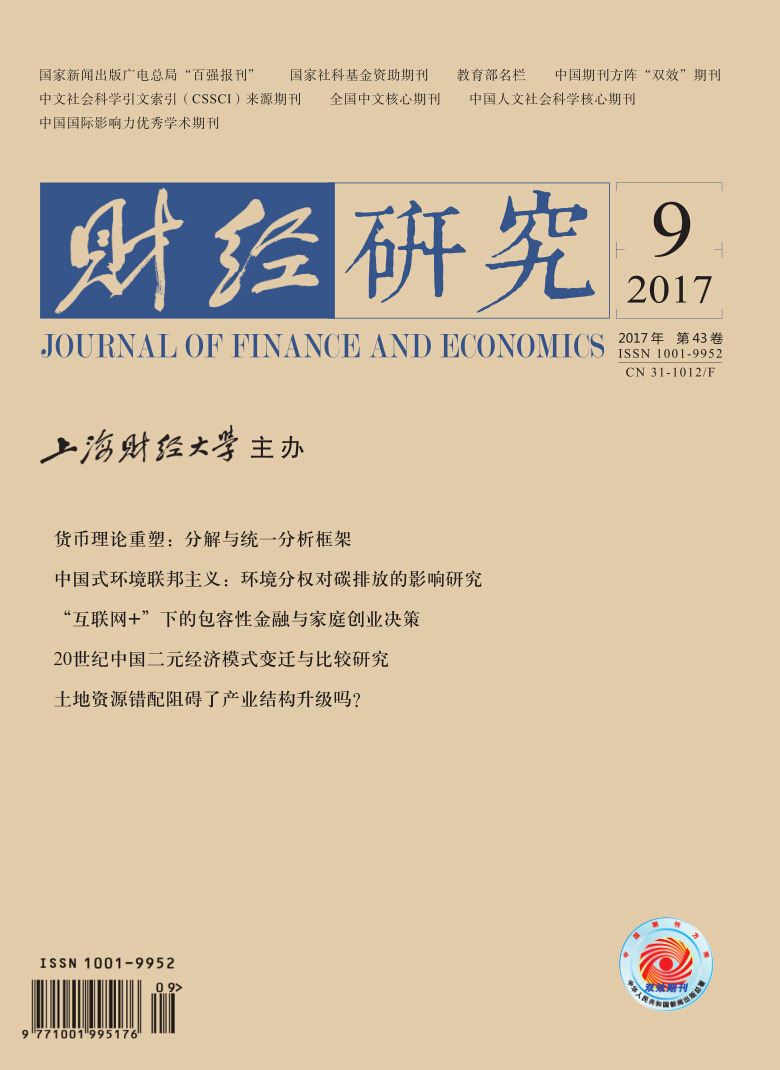The investment in the countries along "the Belt and Road Initiative" is growing vigorously, but we cannot ignore the important role played by religion in these host countries.This paper incorporates the religious risks into the analysis of the investment from China along "the Belt and Road Initiative", and uses spatial econometric model to explore the effects of religious differences along "the Belt and Road Initiative" on the investment. The results show that the investment from China along "the Belt and Road Initiative" is significantly affected by religion; the investment from China in countries with less differences in religion has the significant correlation; rational use of the religion could be a good link to promote the investment in "the Belt and Road Initiative" from China, but the "legalized" religion exerts the adverse impact on the investment to some extent. Therefore, governments and enterprises should have more consideration of local religion and law in the host countries in order to accelerate the development of "the Belt and Road Initiative". This paper expands the relevant research in the field of international investment, and has important practical significance to the effective implementation of "the Belt and Road Initiative" and enterprise overseas investment.
 / Journals / Journal of Finance and Economics
/ Journals / Journal of Finance and EconomicsJournal of Finance and Economics
LiuYuanchun, Editor-in-Chief
ZhengChunrong, Vice Executive Editor-in-Chief
YaoLan BaoXiaohua HuangJun, Vice Editor-in-Chief
The Study on Religious Risks in "the Belt and Road Initiative"
Journal of Finance and Economics Vol. 43, Issue 09, pp. 134 - 封三 (2017) DOI:10.16538/j.cnki.jfe.2017.09.011
Abstract
References
Abstract
Cite this article
Ding Jianping, Fang Chenlin. The Study on Religious Risks in "the Belt and Road Initiative"[J]. Journal of Finance and Economics, 2017, 43(9): 134.
Export Citations as:
For
ISSUE COVER
RELATED ARTICLES





 9047
9047  7126
7126

